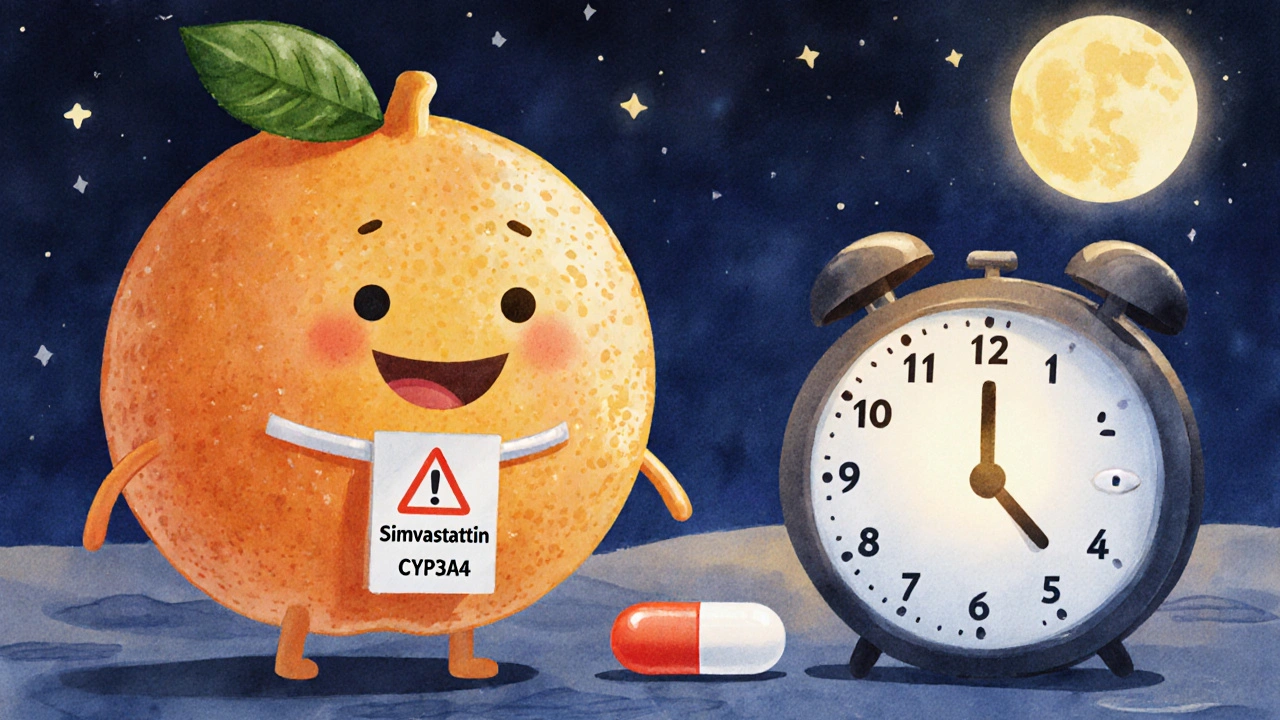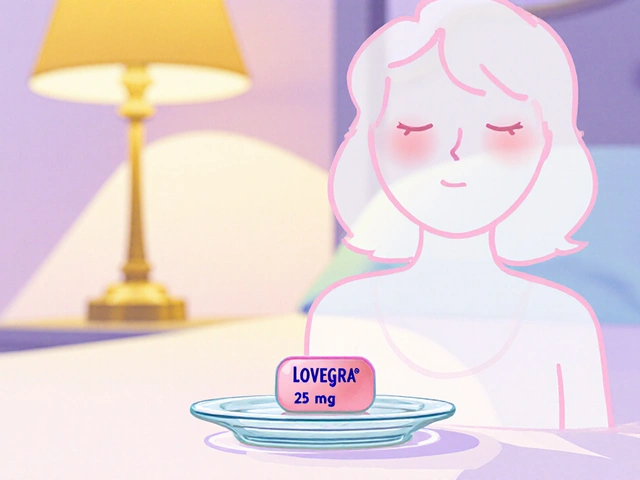Grapefruit and Statins: What You Need to Know About Dangerous Interactions
When you take statins, a class of medications used to lower cholesterol and reduce heart disease risk. Also known as HMG-CoA reductase inhibitors, they work by blocking a liver enzyme that makes cholesterol. But if you eat grapefruit or drink grapefruit juice while on these drugs, your body can’t break them down properly—leading to dangerously high levels in your blood. This isn’t a myth or a vague warning. It’s a proven, life-threatening interaction backed by real clinical data.
The problem isn’t with grapefruit itself—it’s with a compound called furanocoumarin. This chemical shuts down an enzyme in your gut called CYP3A4, which normally helps break down statins before they enter your bloodstream. When that enzyme is blocked, your body absorbs way more of the drug than intended. Some statins are far more affected than others. simvastatin, a common cholesterol-lowering drug is especially risky—even a single glass of grapefruit juice can spike its levels by up to 15 times. atorvastatin, another widely prescribed statin is also affected, though less severely. But pravastatin, a different type of statin, and rosuvastatin, a newer option, are mostly safe. You can’t assume all statins behave the same. The risk isn’t just about quantity—it’s about timing. One grapefruit in the morning can still affect a statin you took the night before.
What happens when statin levels get too high? Your muscles start breaking down—a condition called rhabdomyolysis. This can lead to kidney failure, severe pain, and even death. You might notice unexplained muscle soreness, weakness, or dark urine. These aren’t side effects you should ignore. Many people think they’re safe if they only eat half a grapefruit once a week. They’re wrong. The enzyme-blocking effect lasts over 24 hours. Even if you space out your grapefruit and your pill, the danger remains. The same goes for Seville oranges, pomelos, and some hybrid citrus fruits. They contain the same harmful compounds.
So what do you do? If you’re on a statin, check with your doctor or pharmacist. Ask specifically which one you’re taking and whether grapefruit is a risk. Don’t rely on memory or online guesses. If your statin is simvastatin or atorvastatin, avoid grapefruit entirely. Switch to orange juice, apple juice, or water. There’s no benefit worth the risk. If you’ve been drinking grapefruit juice for years and just found out it’s dangerous, don’t panic—just stop. Talk to your doctor about checking your muscle enzymes if you’ve had unexplained soreness. The good news? You don’t need to give up citrus. Just avoid the specific types that cause trouble. The rest of your diet can stay the same.
Below, you’ll find real, practical guides from people who’ve navigated these interactions—how to spot hidden grapefruit in medications, what to do if you accidentally ate some, and which alternatives actually work without the risk. This isn’t theoretical advice. These are the stories and facts that help real people stay safe.




